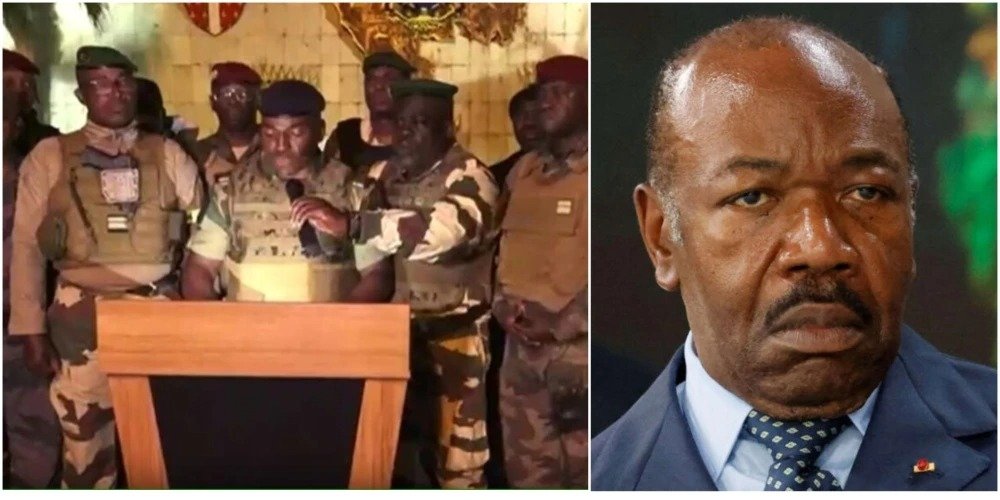In today’s segment, we delve into the ongoing developments in Gabon, a nation currently grappling with political unrest. But before we delve into that, let’s explore 20 captivating facts that shed light on the country of Gabon.
First and foremost, Gabon commands attention as the 76th largest nation worldwide, encompassing an expansive land area of 267,667 square kilometers. To put this in perspective, its dimensions are roughly equivalent to the U.S. state of Colorado or the nation of New Zealand. Gabon operates under a singular political party system, primarily led by the PDG (Gabonese Democratic Party), which originated in March 1968 under the guidance of Bongo. Astonishingly, this nation has experienced governance under a single family dynasty, the Bongo family, since 1967.
The nation’s second president, who held office for an impressive span of nearly 43 years, was integral to Gabon’s history. His tenure extended from 1967 until his passing in 2009. Subsequently, his son, Ali Bongo Ondimba, succeeded him, though his recent removal from power on August 30, 2023, has led to the current surge of political turmoil within the nation.
Diving deeper into Gabon’s distinctiveness, it is noteworthy that over 88 percent of its landscape is draped in lush rainforests. These rainforests play a pivotal role in global climate health, as they absorb more carbon emissions than the country generates. Remarkably, Gabon made history in 2019 as the first African nation to receive compensation for curbing carbon emissions. Its territory hosts Africa’s last Eden—the Loango National Park—a globally recognized hotspot for wildlife enthusiasts, particularly those keen on witnessing the astounding diversity of Africa’s gorilla population, of which Gabon is home to 80 percent.
Within Gabon’s borders, the capital city, Libreville, stands as both the largest city and a cultural nucleus. Remarkably, it hosts over a third of the nation’s populace, offering a glimpse into the heart of Gabonese life. Language and faith further diversify the nation: 70 to 80 percent of the population adheres to indigenous beliefs, while 10 to 15 percent identify as Muslim. French, a testament to Gabon’s colonial history, remains the official language.
Gabon’s economic backbone relies heavily on oil, a resource discovered during the early 1970s. The nation claims the distinction of being the fourth largest oil producer in sub-Saharan Africa. Emblematic of its unique identity, Gabon designates the Black Panther as its national animal, a symbol that resonates on multiple levels. And while Gabon’s Olympic triumphs may be modest, one instance remains etched in history—Anthony Obame’s silver medal in Taekwondo during the 2012 Olympics.
Turning the clock back to 1960, Gabon emerged as an independent entity, casting off the colonial mantle of France. As a fascinating conclusion to this exploration, Gabon stands as the sole host of the world’s first and only nuclear reactor on its soil.
As we wrap up our journey through Gabon’s rich tapestry, stay tuned for updates on this evolving situation.
